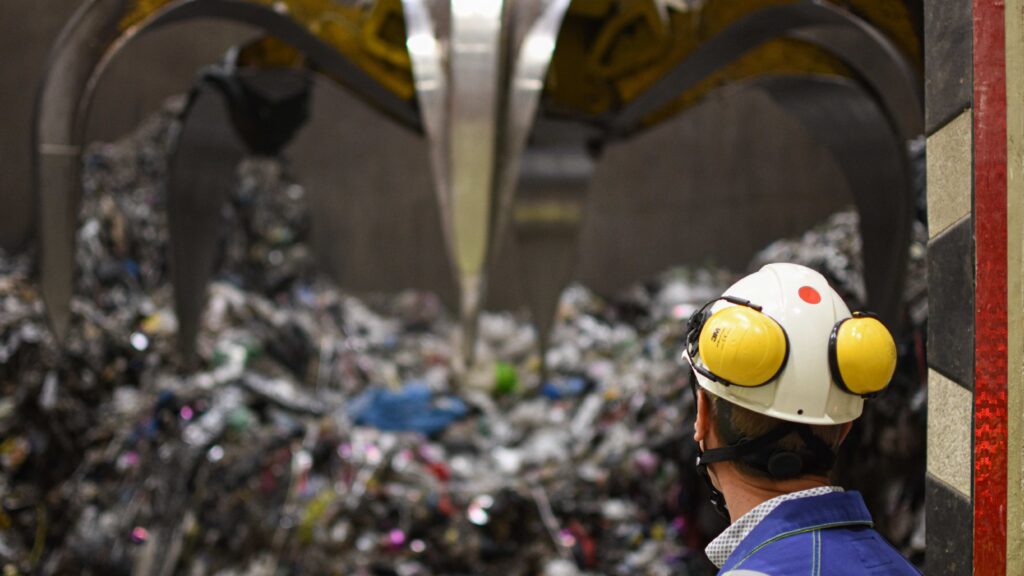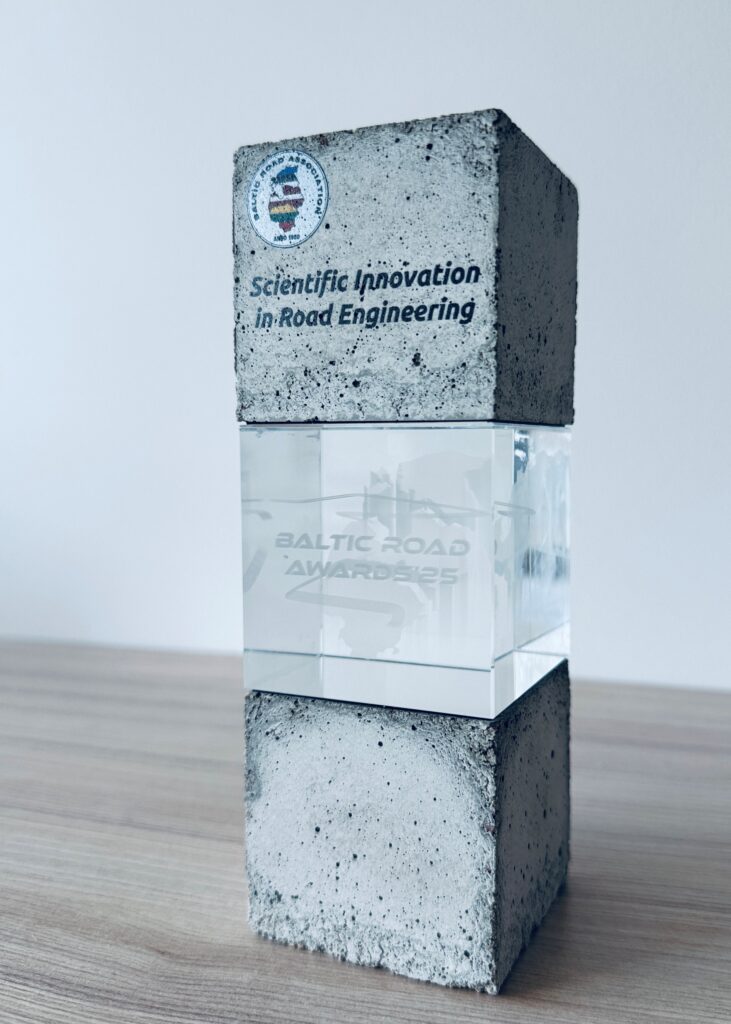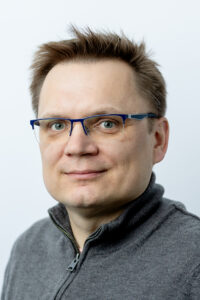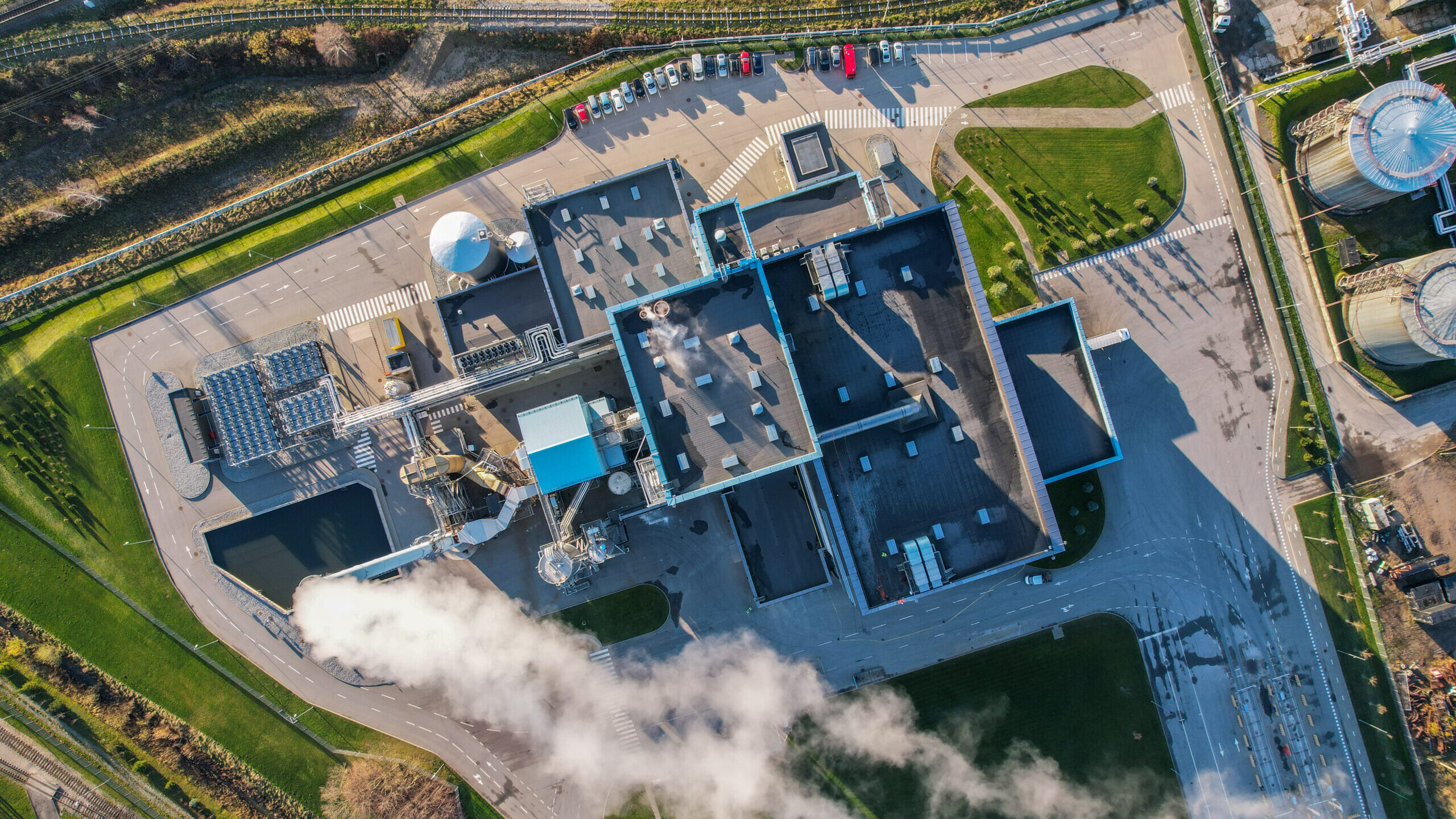Waste-to-energyExplore how Gren transforms waste into energy that supports local communities and reduces landfill.
Explore how Gren transforms waste into energy that supports local communities and reduces landfill.
Bottom ash is formed by incinerating non-hazardous waste at high temperatures of around 1000 °C and is a solid, porous, stone-like material.
At the end of the waste incineration process, the resulting bottom ash can be safely used for road construction, building foundations, the production of paving blocks, covering waste layers in landfills, landfill closure, and the construction of temporary roads on landfill sites.
Each year, Gren processes non-recyclable waste to generate clean energy for homes and businesses. About 25% of this waste becomes bottom ash, which Gren prepares for reuse instead of disposal.
Between 2021 and 2025, Gren has reused approximately 248,000 tonnes of bottom ash, equivalent to nearly 1 million tonnes of waste processed through circular use. What once would have gone to landfills is now the foundation of Lithuania’s roads, bike paths, and industrial sites.

Gren is pioneering the reuse of bottom ash – a by-product of non-hazardous waste-to-energy processes – as a sustainable and locally available construction material.
This initiative supports Lithuania’s transition to a circular economy, where nothing goes to waste and every material finds a new purpose.
Through research, innovation, and partnership, Gren proves that circular solutions are not just a vision – they are already shaping Lithuania’s infrastructure today.
With every kilometre of road and every bike path built, Gren is transforming waste into value and helping create a cleaner, more sustainable future for everyone.
Reusing bottom ash delivers measurable benefits:
Gren’s bottom ash complies with strict environmental criteria: metal content ≤5%, organic carbon ≤3%, ignition loss ≤6%, and controlled leaching values. Before reuse, the material is conditioned for approximately three months to ensure stability and environmental safety.
Bottom ash reuse is an important part of Gren’s ESG journey, linking our daily operations to clear environmental and climate outcomes. By turning a residual stream into a certified secondary raw material, we reduce our impact on nature while supporting circular construction and national climate goals.
The performance of our bottom ash – from quality criteria to conditioning and reuse – is monitored and reported, demonstrating how we translate ESG commitments into measurable action.
Gren’s bottom ash has been successfully used in multiple infrastructure projects, including:
These projects demonstrate how circular materials can safely and effectively replace imported natural aggregates, reducing both environmental impact and material costs.
Gren collaborates closely with the VILNIUS TECH Road Research Institute, whose studies have confirmed that bottom ash meets all environmental and engineering requirements for use in unbound road base layers.
This innovation was recognised with the 2024 Baltic Road Award for Scientific Innovation, acknowledging Lithuania’s leadership in applying circular economy principles to road engineering.


Explore how Gren transforms waste into energy that supports local communities and reduces landfill.
